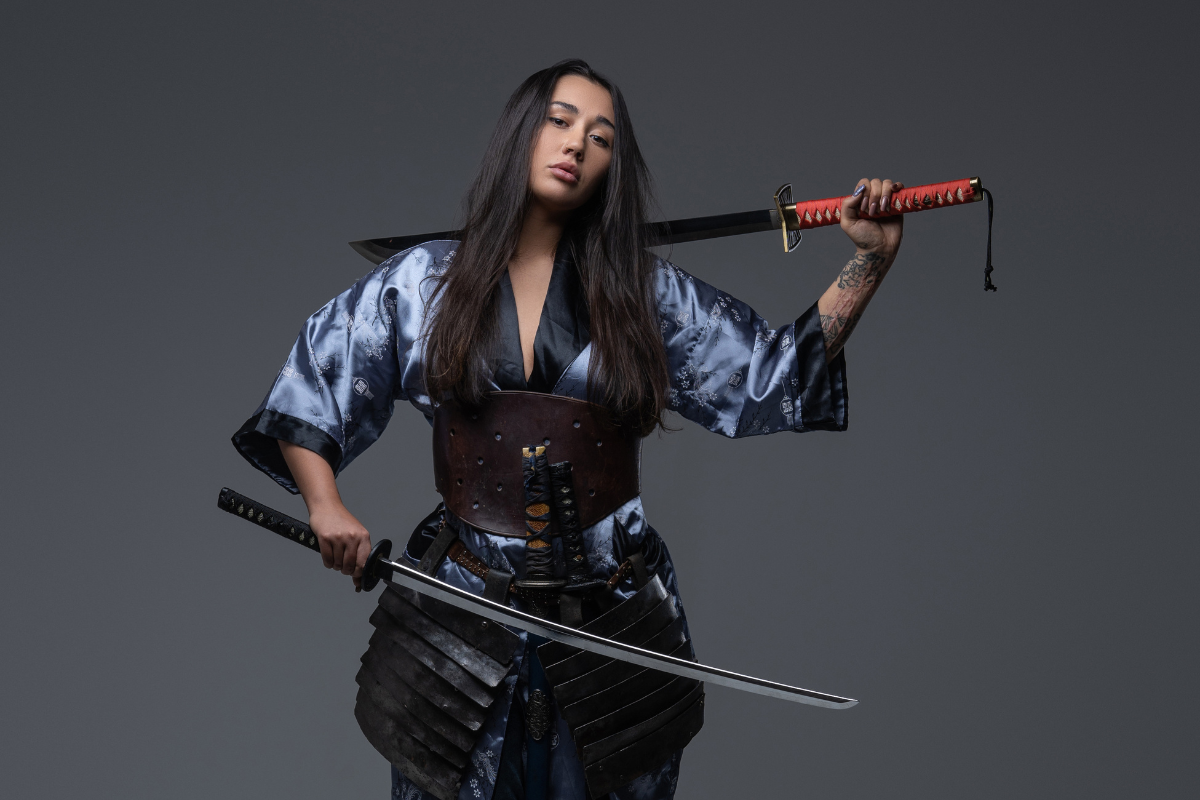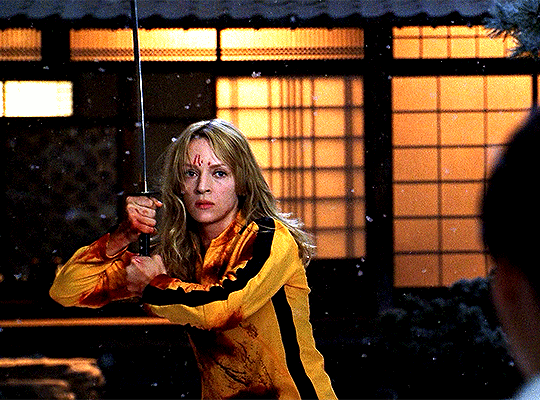No, it isn't
Female samurai warriors, known as "onna-bugeisha," were a rare but remarkable phenomenon in medieval Japan. While the term "samurai" is often associated with male warriors, women in Japan also played significant roles in defending their families, homes, and honor during conflict. Here's a brief overview of female samurai warriors:
- Tomoe Gozen: One of the most famous onna-bugeisha in Japanese history, Tomoe Gozen, lived during the late 12th century. She was a skilled warrior and a retainer of Minamoto no Yoshinaka, a samurai general during the Genpei War (1180-1185). Tomoe Gozen is said to have been a formidable archer and swordswoman who fought bravely in several battles.
- Hangaku Gozen: Another notable female warrior from the Genpei War era, Hangaku Gozen, is known for her role in the Siege of Fukuryūji in 1189. She defended her family's fortress against the forces of Minamoto no Yoshitsune and demonstrated great courage and leadership.
- Empress Jingu: While not a traditional samurai, Empress Jingu is legendary in Japanese history. According to folklore, she led a military expedition to Korea in the 3rd century CE, shortly after the death of her husband, Emperor Chūai. Her campaign is a prominent story in Japanese mythology, and she is often celebrated as a symbol of female strength and leadership.
- Mochizuki Chiyome: During the 16th century, Mochizuki Chiyome is believed to have established a network of female spies and warriors, known as "kunoichi," to gather intelligence and support the Takeda clan. While she may not have engaged in combat, her role in espionage and her leadership in training other women to be spies and infiltrators are noteworthy.
- Yamauchi Chiyo: Yamauchi Chiyo was a female warrior from the 16th century who fought alongside her husband, Tachibana Muneshige, in the service of the Ōtomo clan. She is remembered for her martial skills and bravery in battle.
Female samurai warriors, known as “onna-bugeisha,” were a rare but remarkable phenomenon in medieval Japan. While the term “samurai” is often associated with male warriors, women in Japan also played significant roles in defending their families, homes, and honor during conflict. Here’s a brief...

www.kwunion.com





















